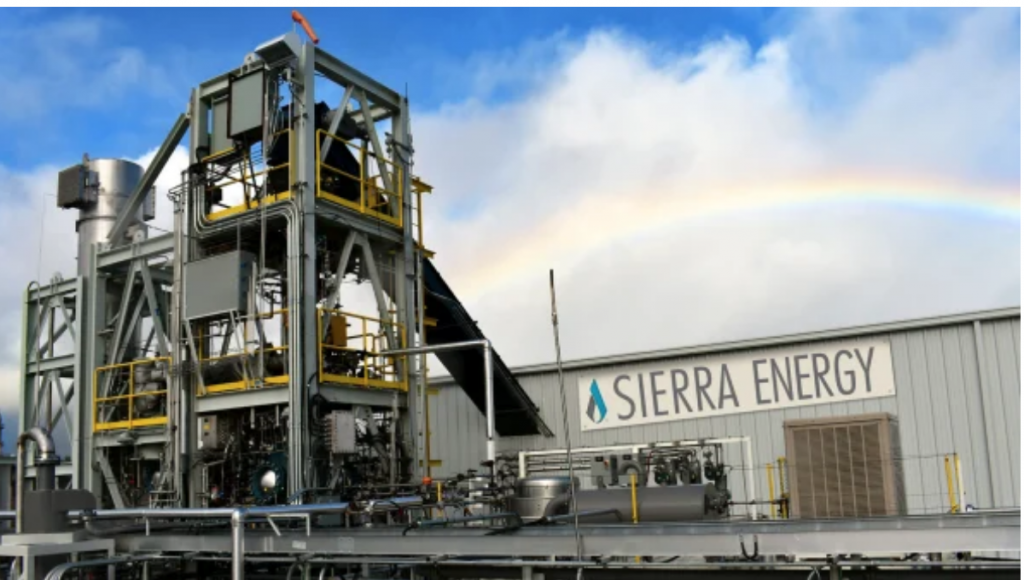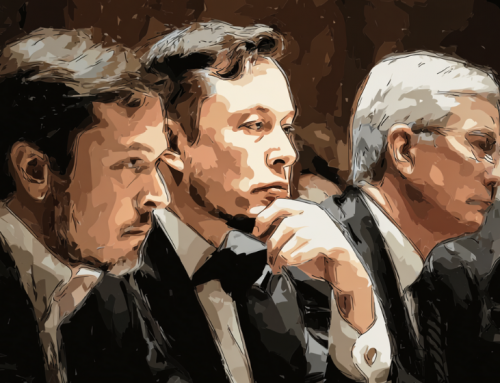
Sierra Energy Brings the heat to trash removal.
4,000 Degrees Destroys Trash While Creating Fuel, Plastics
If Bill Gates and Richard Branson think its s good idea, then it probably is. One startup wants to eliminate the pollution of landfills and the methane produced by garbage. The company is essentially vaporizing garbage to turn it into clean energy and fuel.
The company, called Sierra Energy, just raised a $33 million Series A investment round led by Breakthrough Energy Ventures, the Bill Gates-led fund.
The Sierra Energy plan is to burn the stuff that goes into landfills at a temperature of 4,000 degrees. The result is a gas that is captured and turned into a varity of products, from fuel to plastic. A volcano is roughly 2,000 degrees by the way.
“We take what’s leftover,” says CEO Mike Hart. The technology can process nearly anything, including medical waste and hazardous waste. “It allows you to recycle the entire waste stream,” he says. “The way we do that is by bringing the temperature of waste up to 4,000 degrees Fahrenheit, twice the temperature at the core of a volcano. At that temperature, everything breaks down molecularly.”
A story by Adele Peters on fastcompany.com found that while other trash creates methane as it rots in a landfill, the extreme heat of the FastOx process creates only carbon monoxide and hydrogen. The FastOx also doesn’t produce emissions: all of the gas is captured for reuse. The gas can be used to create a variety of products, from jet fuel to plastic or fertilizer, instead of making those products from fossil fuels.
If the gas is used to make fuel, that fuel will still produce emissions, but fewer than the fossil alternative. (The company’s diesel, Hart says, is 20 times cleaner than the California fuel standard.) The company’s hydrogen can also power vehicles without emissions. The gas can also be used to produce electricity through fuel cells, gas turbines, or other equipment.
When you take a load of trash to a landfiull, you get charged what is known as a “tipping fee” everytime you drop off.
The new system could actually save money; a waste hauler that currently pays a landfill, for example, could decide to build its own system using the technology and then could both avoid paying fees and make money by selling electricity or products like fuel. Cities could also decide to build plants of their own, according to Peters.
“What we found is that people can make a profit at less than the current tipping fees in most countries in the world,” Hart says.
The technology has the advantages of cleaning up the planet while recycling trash and creating new products.







Leave A Comment